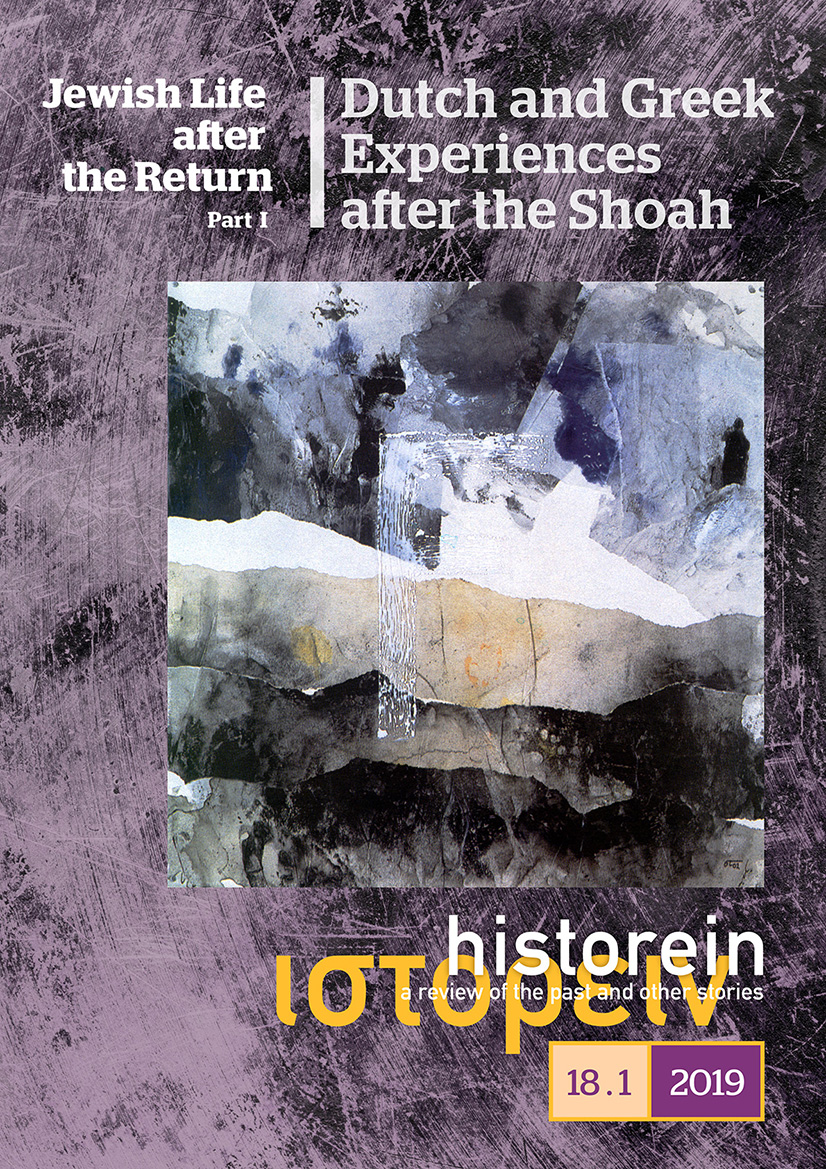Personal Experiences in Post-Shoah Greece: The Case of Isaak Menahem Rousso

Abstract
In December 1971, twelve years after his first letter to the West German government, 73-year-old Isaak Menahem Rousso exclaimed: “I ask you, what did I do to you for you to destroy my wealth, my shops? You killed my parents, and now you want to pay me a pittance”? The article focuses on the individual struggle of a Jewish survivor to receive compensation from the Federal Republic of Germany, as can be traced in the personal archive of Isaak Menahem Rousso. It examines the numerous letters he sent to German officials during the 1960s and 1970s, documents and contextualises his feelings of despair, fear and anger, and elucidates upon them. These feelings are typical for the Greek Jewish survivors that sought compensation. Survivors complained that the claims evaluation process constituted an unpleasant and inhumane experience. Many found it very difficult to return to the past and remember their suffering, as some of them already felt guilt or shame for having survived, not to mention the pain that reliving these traumatic experiences incurred. Many victims suffered from post-traumatic disorders and it was not easy to revive these experiences. Through Isaak Menahems’ story, I want to explore the survivors’ feelings in their search for recognition and compensation.
Article Details
- How to Cite
-
Droumpouki, A. M. (2019). Personal Experiences in Post-Shoah Greece: The Case of Isaak Menahem Rousso. Historein, 18(1). https://doi.org/10.12681/historein.14391
- Section
- ARTICLES

This work is licensed under a Creative Commons Attribution-NonCommercial-ShareAlike 4.0 International License.
The copyright for articles in this journal is retained by the author(s), with first publication rights granted to the journal. By virtue of their appearance in this open access journal, articles are free to use (with the exception of the non-granted right to make derivative works) with proper attribution for non-commercial uses (licence Creative Commons 4.0). EKT/NHRF retains the worldwide right to reproduce, display, distribute, and use articles published in Historein in all formats and media, either separately or as part of collective works for the full term of copyright. This includes but is not limited to the right to publish articles in an issue of the Journal, copy and distribute individual reprints of the articles, authorize reproduction of articles in their entirety in another EKT/NHRF publication, and authorize reproduction and distribution of articles or abstracts thereof by means of computerized retrieval systems.


